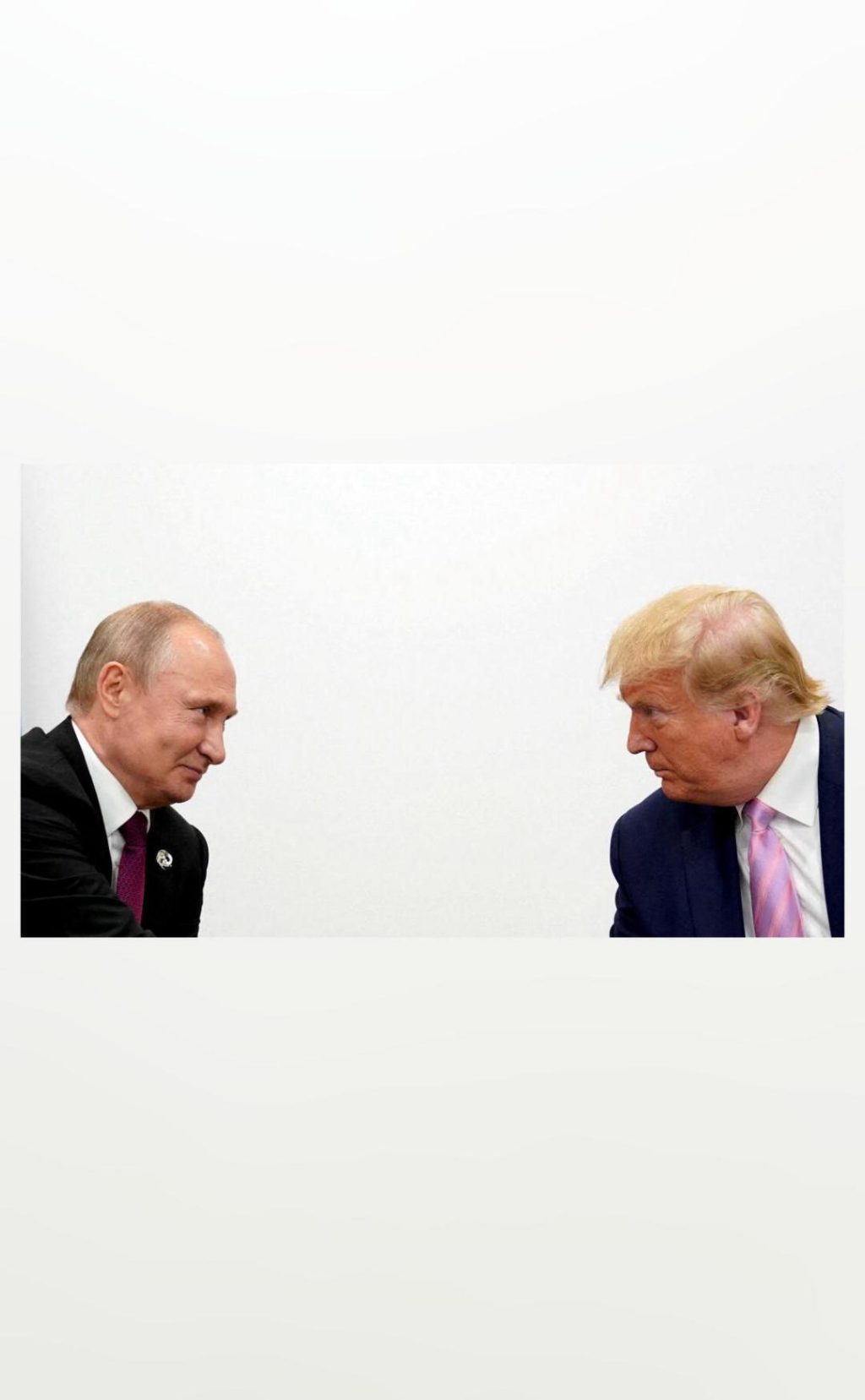
Title: US Sides with Russia & Refuses to Blame it for Ukraine War at UN
The ongoing Ukraine-Russia conflict has been a point of contention for the international community, with the United Nations (UN) urging both sides to engage in diplomatic efforts to resolve the crisis. However, in a surprising turn of events, the United States has sided with Russia and refused to blame it for the invasion of Ukraine in a recent UN resolution. This move has sparked widespread debate and raised questions about the shifting dynamics of global politics.
The UN resolution, backed by European countries, demanded an immediate withdrawal of Russian troops from Ukraine. However, the US, along with Russia, voted against the resolution, while India, China, and Brazil abstained from voting. This sudden shift in US policy has left many wondering what prompted the change in stance.
Prior to this resolution, the US had consistently voted with European countries to condemn Russia’s actions in Ukraine. Under former President Joe Biden, the US had been a vocal critic of Russia’s aggression, and the country had supported Ukraine’s sovereignty and territorial integrity. However, it appears that the new administration has taken a different approach.
The US decision to side with Russia can be seen as a significant departure from its previous stance. The country’s decision to abstain from voting on the resolution, rather than voting in favor of it, sends a clear message that it is no longer willing to take a strong stance against Russia’s actions in Ukraine.
There are several possible reasons behind the US’s decision to side with Russia. One possibility is that the new administration is seeking to improve relations with Russia, which have been strained in recent years. By voting with Russia, the US may be attempting to signal that it is willing to work with the country to resolve the Ukraine crisis diplomatically.
Another possibility is that the US is seeking to reduce tensions with Russia, which has been a key player in the conflict. By abstaining from voting on the resolution, the US may be attempting to send a message that it is willing to engage with Russia in a constructive manner.
However, the US’s decision to side with Russia has been met with criticism from many quarters. Ukraine and its allies have accused the US of abandoning its commitment to the country’s sovereignty and territorial integrity. The US’s decision to abstain from voting on the resolution has also been seen as a betrayal by many who had supported the country’s stance on Ukraine.
India, China, and Brazil’s decision to abstain from voting on the resolution has also raised eyebrows. While the three countries have traditionally been cautious in their approach to international conflicts, their decision to abstain from voting on the resolution has been seen as a sign of their growing discomfort with the international community’s stance on the Ukraine crisis.
The US’s decision to side with Russia has significant implications for the global balance of power. The country’s willingness to engage with Russia, even if it means abandoning its commitment to Ukraine’s sovereignty, sends a clear message that it is willing to prioritize its relations with Russia over its commitment to international law and the principles of sovereignty.
The US’s decision also raises questions about the future of international relations. If the country is willing to abandon its commitment to Ukraine’s sovereignty, what does this say about its commitment to other international principles and norms?
In conclusion, the US’s decision to side with Russia and refuse to blame it for the invasion of Ukraine has significant implications for the global balance of power and the future of international relations. While the country may be seeking to improve relations with Russia or reduce tensions, its decision to abstain from voting on the resolution has been met with criticism from many quarters. As the world watches the unfolding drama, one thing is clear: the international community must continue to stand strong in its commitment to international law and the principles of sovereignty.



